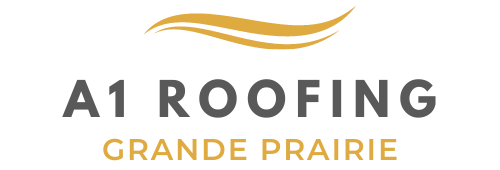Blog
Roof Replacement Financing: A Checklist For Homeowners
If you are in a crisis circumstance or are looking to increase its value, house roofing replacements are major home improvements that require meticulous planning. Understanding your budget, possible cost, and creating an appropriate financial plan is essential for any home improvement plan. The roofing process can be an expensive but essential home improvement project; therefore, being aware of the financing options for roof replacement is usually crucial.
Understanding Roof Replacement Costs
There are many different roof repairs or replacements that are not made equal. Before making contact with a contractor, it's best to find out a little about the cost you can anticipate during your roofing project, as well as any other unexpected expenses that might occur during the course of your project.
- Learn about the different roof types, styles, and shingles. This will help you know your requirements, preferences, and help you get to work on establishing the budget for your roofing projects.
- Budget for labor costs. They typically vary between $1.50 and $3.65 per square foot of roofing material, according to the kind of roofing.
- Reserve funds to dispose of the waste. Shingles need to be removed correctly, so plan for a dumpster as well as any other required disposal expenses.
- Make preparations for the roof inspection. A roof inspection can help your roofing contractor understand the extent of the project and provide an accurate estimate. Consider questions like, "Will the roofing company be able to include their cost for the inspection into the repair estimate? Does your contractor have to obtain permits? If yes, what would the price be?"
- Consider the options for warranty. The majority of installers provide warranties from the manufacturer that cover you against defective equipment, and some may provide additional warranties for the installation.
- Pay attention to hidden expenses. Don't just be aware of the most common hidden cost, but also reserve extra funds to prevent any unexpected costs.
- Take a look at a cost estimate. Make use of a roofing calculator to gain a better idea of what it will run.
Paying For Your Roofing Project
If you have a better comprehension of the cost that you'll encounter during the roofing process, you'll be able to create a realistic budget, evaluate the financing options available, and then check off the next steps of our financing for roof replacement checklist.
- Are you able to make an insurance claim? If the roof has been damaged by a natural disaster or a falling object, such as trees, the insurance company could cover a portion or all your roofing costs.
- Find the financing alternatives. If insurance claims aren't an option, there are a variety of options for financing your roofing project. These include the home equity loan, FHA loans, company financing, and even savings on credit or cash. It is important to evaluate the various financing options before you choose this option.
- Emergency budgeting. Do you remember the hidden costs we discussed in the previous paragraph? Sometimes, contractors will find unexpected problems that need to be addressed in the roofing process. If they are not within the budget, you have ways to plan for unexpected expenses. A plan to deal with these unexpected expenses is an excellent decision.
- Explore tax deductions. A roofing project may not bring you tax benefits like other home improvement projects, but it's an excellent idea to research the tax deductions available for any renovation or repair.




